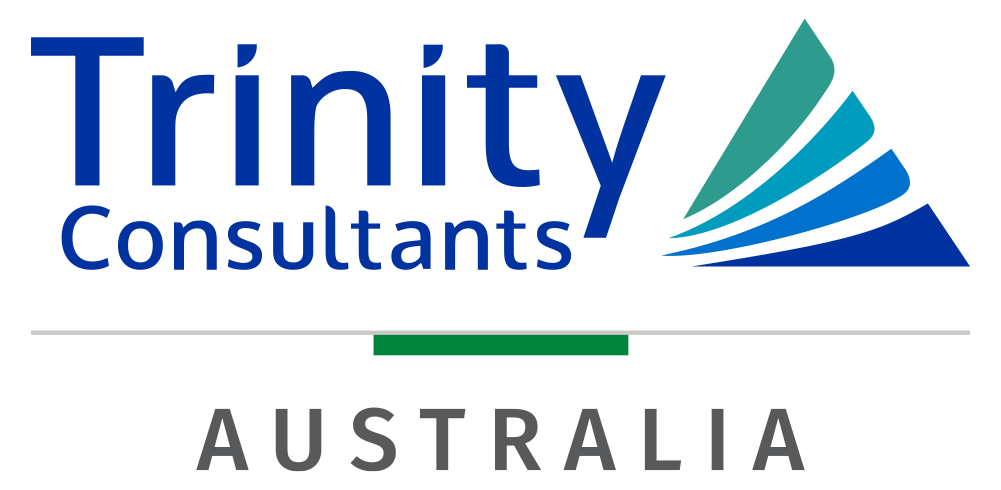How we helped
During the approval process, Trinity undertook an environmental noise impact assessment and worked with Lightsource bp’s engineering team to create the best possible noise mitigation and management strategy for their battery energy storage system (BESS) development.
A standout feature of the project was the state-of-the-art 3D acoustic model developed by Trinity, incorporating individual BESS units and sound directivity of noise emitted from the units. These model attributes, combined with calibration of the model against the manufacturer’s noise test results, provided an accurate means of assessing compliance and investigating noise mitigation measures.
Noise criteria is an essential component of any environmental noise assessment. Trinity reviewed available noise monitoring data, acoustic guidelines and legislation to establish relevant noise criteria for the project and surrounding rural residential dwellings.
We proposed an approach for acceptability of noise limits at the site consistent with the approval conditions, including a range of noise management procedures to assist in minimising noise levels and complaints.
About the project
Lightsource bp is developing a BESS at its Woolooga Solar Farm in Lower Wonga, Queensland, Australia. The BESS is designed to facilitate the integration of renewable energy into the grid, contributing to low-cost electricity.
The BESS is expected to store up to approximately four hours of storage at 200MW output. The system will store surplus energy generated during off-peak periods, subsequently releasing it during peak demand to enhance grid stability and energy reliability for homes and businesses in Queensland.
Planning and development activities are currently underway, and construction is anticipated to commence in 2024. For more information, see the Lightsource bp website.


